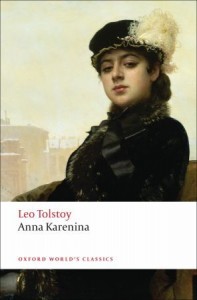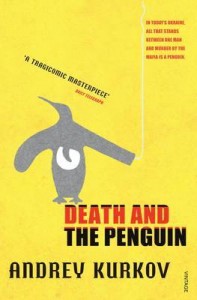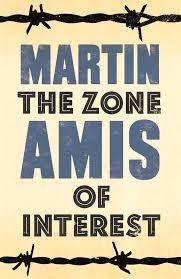 Title: There But For The (Goodreads)
Title: There But For The (Goodreads)
Author: Ali Smith
Published: Penguin, 357
Pages: 2011
Genres: Literary Fiction
My Copy: Library Book
Buy: Amazon, Book Depository, Kindle (or visit your local Indie bookstore)
A dinner party in a posh home in Greenwich took a sudden turn when Miles, one of the guests, leaves the table mid meal and locks himself in an upstairs room. He refuses leave and the diverse group of neighbours tell their story of the events trying to make sense of Miles motivations. There But For The is told in four points of view: Anna, who is in her forties; Mark, a man in his sixties; May, a woman in her eighties and ten year old Brooke.
Genevieve Lee sets out to host an elaborate dinner in her elegant Greenwich home; her husband Eric has planned to serve scallops and chorizo. However these people are a little different to the people that normally run in the couple’s social circles. The story revolves around Miles Garth who is now an unwanted guest of the Lee’s, after he locked himself away in an upstairs bedroom. However the book really looks at the four narrators and their connection between everyone else.
There tells a story of Anna, a social worker, who knew Miles thirty years ago. Genevieve found her email address in Miles phone and invited her in the hope of persuading him to leave. But follows Mark who is a photo-researcher, who invited Miles to the dinner party. Mark is mourning his old love and, at times, his dead mother speaks to him in rhymes. For is set entirely in the mind of eighty year old May. She is suffering from dementia but also has regular contact with Miles. The revolves around ten year old Brooke, who is the daughter of two of the party guests and the only one that has made contact with Miles since he locked himself in the room.
Where this book shines is in the writing; it is full of what has been now considered Ali Smith’s trademark wit and puns. It is an exploration into humanity, centred on a whimsical yet devastating dinner party. The stand out for me is the way that Smith masterfully used identity shifts and language gaps to explore language in what is essentially a locked-room mystery. This writing style may cause issues for some people but I was just in awe of just how clever If For But The really was.
As this is the first Ali Smith novel that I have read, I am unsure what to say about her as a writer. If all books are anything like If For But The then I would have to call her a master at puns, wordplays, metaphors and pretty much linguistics in general. There is plenty of buzz around her latest book How to Be Both, so I will save my opinion until I have read at least that novel. I am very confident I will be a new fan of Ali Smith but as I say, I have to experience more of her writing.

 Title: Double Indemnity (
Title: Double Indemnity ( Title: H is for Hawk (
Title: H is for Hawk ( Title: What You See in the Dark (
Title: What You See in the Dark ( Title: Wolf Totem (
Title: Wolf Totem ( Title: Anna Karenina (
Title: Anna Karenina ( Title: Death and the Penguin (
Title: Death and the Penguin ( Title: The Zone of Interest (
Title: The Zone of Interest ( Title: The Whispering City (
Title: The Whispering City ( Title: A Young Doctor's Notebook (
Title: A Young Doctor's Notebook (